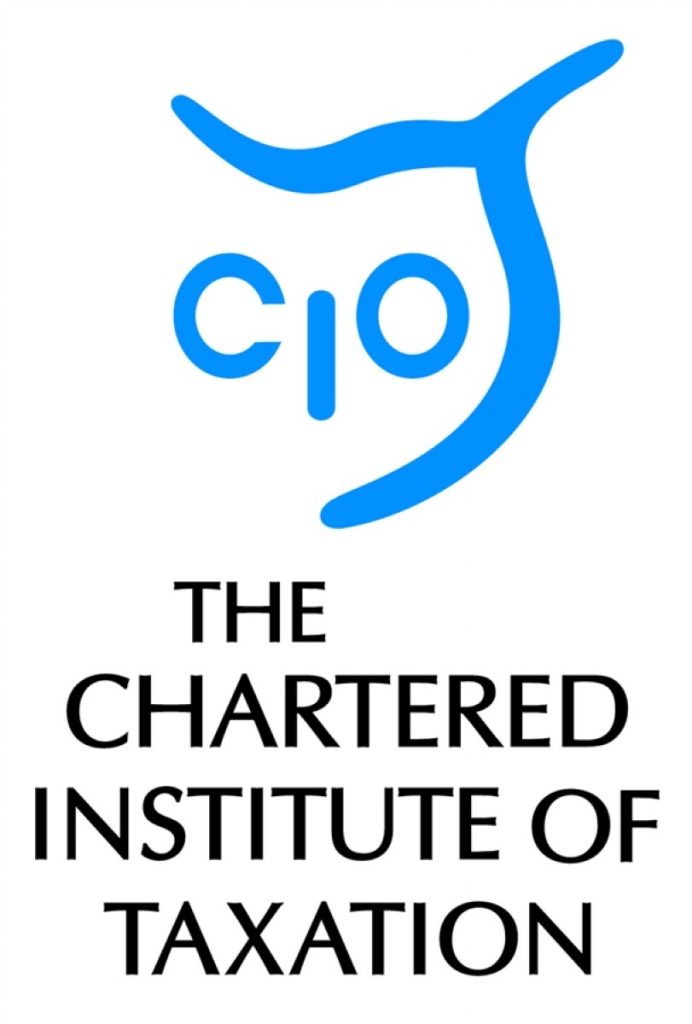Tax charity raises concerns about changes to childcare schemes
In today’s Autumn Statement, the Chancellor announced changes to two schemes that have not yet been introduced – the planned increased provision of free childcare from 15 hours to 30 hours and “tax-free childcare”, a scheme to help parents meet childcare costs.
Anthony Thomas, LITRG Chairman, explained:
“The Government has announced that an upper income limit for each parent of £100,000, and a minimum weekly income level per parent equivalent to 16 hours at the National Living Wage, will apply to both schemes.
“Whilst we understand the rationale for these changes, we are concerned about how this will apply to young families who are not entitled to receive the National Living Wage and in particular about the impact of the requirement to earn the equivalent of 16 hours at the National Living Wages for those who are self-employed. If a business has a difficult year, which in the current economic climate is not unusual then they may not qualify for critical childcare support, which goes against the aims of the scheme. The push to increase the earnings threshold to encourage parents to work 16 hours and more is understandable but we are concerned that it could prove counter-productive for those seeking to edge their way back into work on lower hours to start with.
“We strongly urge HMRC to consider allowing the self-employed to qualify for childcare support through an hours requirement, and we look forward to clarification with regard to people under 25 who will not be eligible for the National Living Wage.”
1. Provision of free childcare
The Childcare Bill currently before Parliament provides working parents with an additional entitlement to free childcare. The Government intends that from September 2017 families where both parents are working will be entitled to 30 hours a week of free childcare care over 38 weeks of the year for three and four year old children. The Bill applies to England only – separate provision is made for Scotland, Wales and Northern Ireland – and much of the detail will be set out in regulations. The current rules provide for up to 15 hours of free childcare for three and four year olds and disadvantaged two year olds.
2. Tax-free childcare
Tax-free childcare is a new system of support for working families who are saving to meet childcare costs for a child under 12 (or under 17 if disabled). HMRC will top up payments made into a childcare account to be used to meet the cost of qualifying childcare. The scheme was set to begin this year but was delayed following a legal challenge, and is now expected to be implemented in early 2017.
The top-up payment will be £20 for every £80 paid in, subject to an annual limit of £2,000 per child. This is equivalent to tax relief at 20% on costs of £10,000. The annual limit for top-up payments for disabled children will be £4,000. The rules as drafted provide that support is not available if either parent expects to have a taxable income of more than £150,000.
3. Low Incomes Tax Reform Group
The Low Incomes Tax Reform Group (LITRG) is an initiative of the Chartered Institute of Taxation (CIOT) to give a voice to the unrepresented. Since 1998 LITRG has been working to improve the policy and processes of the tax, tax credits and associated welfare systems for the benefit of those on low incomes.
The CIOT is the leading professional body in the United Kingdom concerned solely with taxation. The CIOT is an educational charity, promoting education and study of the administration and practice of taxation. One of our key aims is to work for a better, more efficient, tax system for all affected by it – taxpayers, their advisers and the authorities. The CIOT’s work covers all aspects of taxation, including direct and indirect taxes and duties. The CIOT’s 17,500 members have the practising title of ‘Chartered Tax Adviser’ and the designatory letters ‘CTA’, to represent the leading tax qualification.





-01.png)